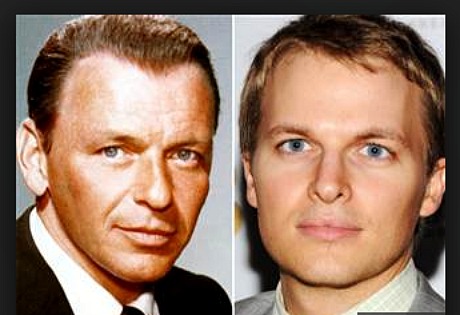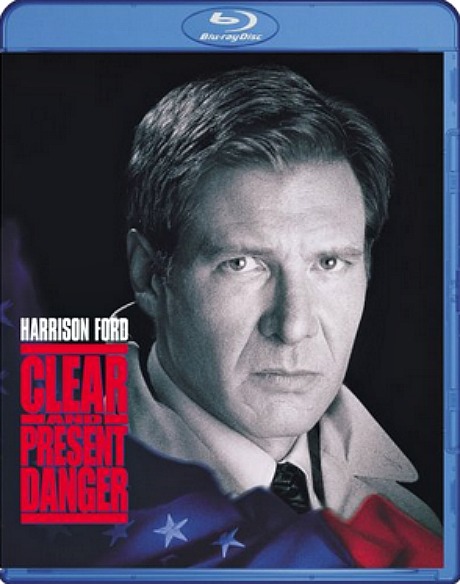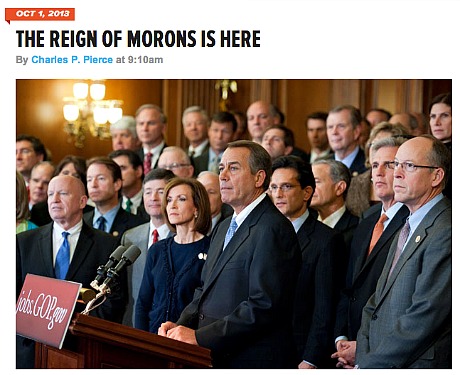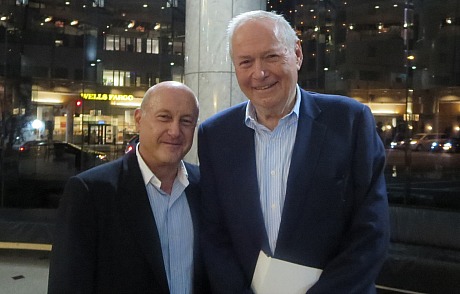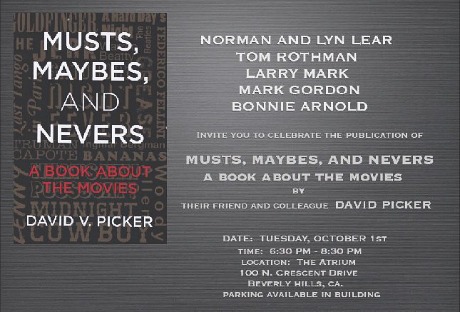I didn’t have much of a problem with Stephen Frears‘ Muhammad Ali’s Greatest Fight (HBO, 10.5) when I saw it last May in Cannes. I wasn’t moved to write about it (and that in itself says something) but it’s a nicely ordered, well acted (particularly by Christopher Plummer and Frank Langella as Justice John Harlan and Chief Justice Warren Berger), moderately mid-tempo account of how the Supreme Court dealt with Muhammud Ali’s 1971 appeal of his conviction for refusing induction after his local draft board rejected his application for conscientious objector classification based on his Muslim convictions. It was touch and go at first, but the Supremes reversed the conviction, finding that the government had failed to properly specify why Ali’s application had been denied.
Shawn Slovo‘s script tells us that the behind-the-scenes hero of this deliberation was Harlan’s assistant Kevin Connolly (Benjamin Walker). Harland at first didn’t see a lot of merit in Ali’s argument, and Berger, a staunch ally of President Richard Nixon, was foursquare against it. But fairness won out. This is an intellectually driven film, dealing with personal conflicts and corruptions from time to time but mostly focusing on the pro and con arguments. But because it’s basically a procedural about a hot-button issue (mixed in with a vague sense of the political tumult of the early ’70s), it feels oddly impassioned but constricted. Muhammud Ali never appears except in news footage. But it’s not half bad. Certainly by the standards of an intelligent, honorably crafted HBO film. Give it a pass.
